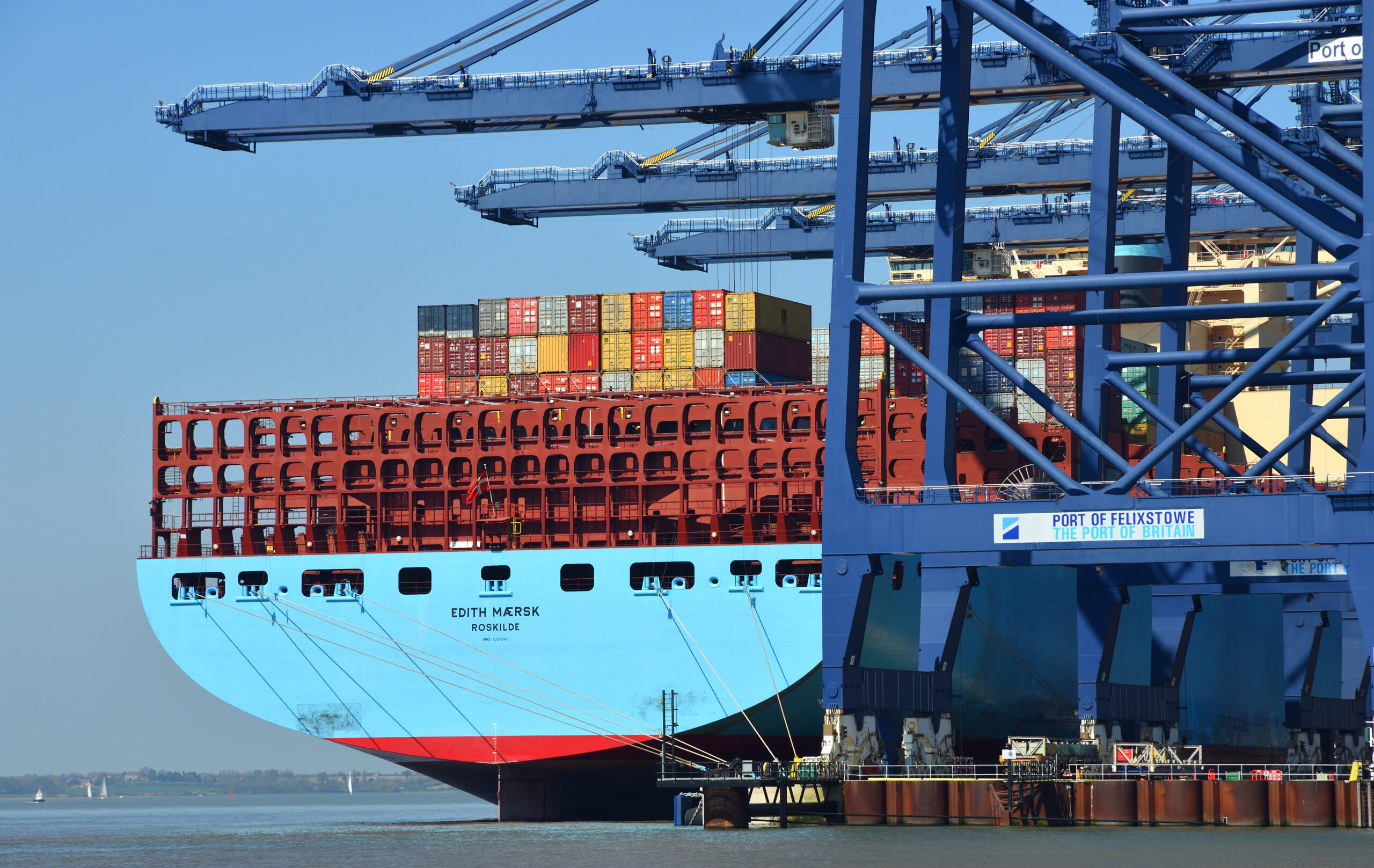CO2 shipping is a key enabler of the UK’s carbon capture and storage (CCS) projects. This week, key figures in the offshore energy and CCS sectors have called on the government to increase investment to meet the country’s targets for economic growth and net-zero emissions.
The CEO of the Carbon Capture and Storage Association (CCSA), Olivia Powis, has warned that the UK has an 18-month window in which to scale-up its maritime carbon transportation capacity if it is to meet 2030 carbon storage targets. ‘Shipping is not going to replace pipelines,’ she said this week, ‘but there are projects in the UK that need shipping because they are not located near a storage site and it also provides more flexibility and access to CO2 stores.’
The UK government’s CCS strategy is established around four clusters, some of which are not connected via pipelines to CO2 receiving terminals and will require shipping infrastructure. The four clusters are: HyNet (North West England and North Wales), East Coast Cluster (North East England), Acorn (North England and Scotland), and Viking CCS (the Humber).
Powis also points to the regulatory challenges posed by cross-border CO2 shipping, which the UK must do more to address: ‘Policy remains the biggest obstacle to transporting CO2 across the EU-UK border – something that is otherwise technically feasible.’
In addition to this, the trade association, Offshore Energies UK (OEUK), has this week urged the UK government to uphold its financial commitments to CCS ahead of the 2025 Comprehensive Spending Review.
The industry body cautioned the government that deprioritising funding for Track-2 projects, including Viking and Acorn (two newest UK CCS clusters), could undermine the UK’s ambitions for economic growth and net-zero emissions. These projects have the potential, OEUK argues, to inject over £25 billion into the UK economy by 2035 and to create more than 30,000 jobs.
David Whitehouse, CEO of OEUK, commented: ‘Manufacturers around the UK need this technology to build a sustainable net zero economy. If we get this right, the new CCUS sector could protect over 100,00 jobs in industrial regions, contribute billions to the economy this decade and be worth £100 billion to the supply chain by 2050.’
There has, however, been recent progress in investment into the UK’s carbon storage infrastructure. Perenco, the Anglo-French oil and gas company, has recently begun testing the UK’s first CO2 injection programme, located at the Poseidon CCS project in the southern North Sea. Perenco is partnered with Carbon Catalyst and Harbour Energy on this project.
Starting from 2029 after the initial testing phase, the Poseidon CCS project is targeting an initial injection capacity of 1.5 million tonnes per year (MMtpa) and aims to scale-up to 10 MMtpa by 2034. Located in the Leman gas field, the UK’s largest depleted gas field, the project will use existing infrastructure, including Perenco’s Bacton terminal, to facilitate CO2 transportation and storage. The UK government’s commitment of £22 billion for CCS has been instrumental in developing this project.
Jo White, General Manager of Perenco UK, commented on the start of this injection testing programme: ‘As the first test of its kind in the UK, today’s news is a key moment, not only for Perenco and the wider Project Poseidon Joint Venture, but also for the UK’s decarbonisation ambitions. If successful, the project could be a significant store for CO2 in the future, playing a key role in decarbonising industrial emitters and helping the UK achieve its net zero objectives.’



